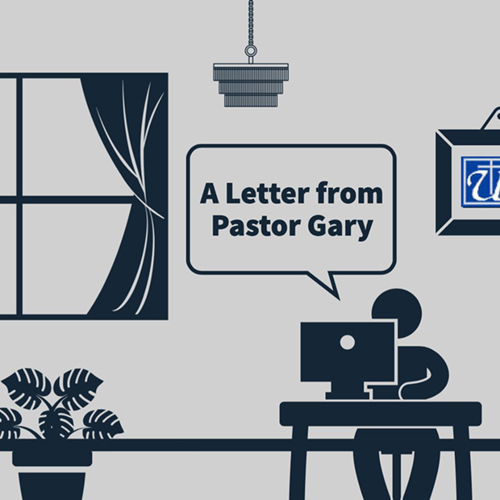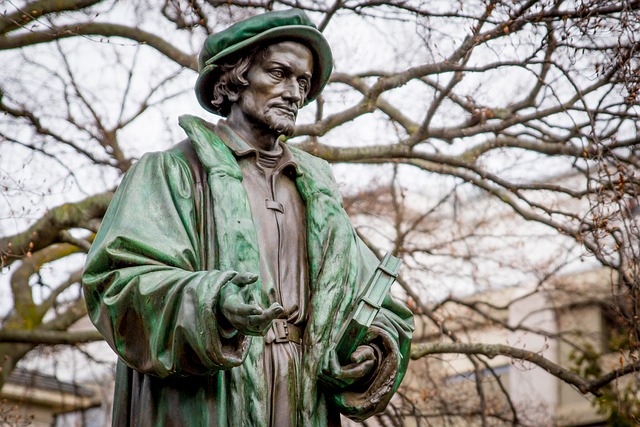
“College is on the road to somewhere.” So wrote novelist Tom Robbins. As someone who has worked with college students a number of years and once inhabited their ranks, I am well aware of the truth of this statement. The students whom I have seen that struggle most tend to be those who think they know the location of that somewhere. The ones who seem to travel best along that road to somewhere tend to be those whose academic and professional GPS allow for more flexibility in their route.
I recall one year when most of our graduating seniors took jobs that were outside of their college major. As an undergrad business major myself, I found their choices reassuring.
I wonder how many in old age look back at their long life and saw a life like they had envisioned for themselves when young and anticipating and planning for their future?
According to my youthful projections, I am supposed to be living in small town Pennsylvania, working in administration in the health care field. Somehow my road to somewhere instead took me through four other states, more education and degrees, in a calling from which I once ran. What about you? What part of your life turned out as anticipated and what part would have surprised your youthful self?
The road to somewhere. That just might be an excellent thought for Advent. We prepare for Christmas. We know it is coming just down the road, and we know who comes at Christmas to be among us. Yet we do not know where this one might take us.
Should we end up exactly as foreseen, we might need to wonder if this one did not take us, but instead we took ourselves and may have missed out on some very pleasant surprises.
The road of Advent has a destination. We need not, however, ignore some new things that come after us on the journey. As the great “philosopher” Yogi Berra once said, “When you see a fork in the road, take it.” It could be a call to something beyond our often more limited dreams for ourselves. Advent is not just about a destination. It is also about the journey and those people, places, and events that might beckon us along its route.
I remember a couple who joined a church I once served. Prior to their joining they were, on one Sunday morning, off to their Methodist church, traveling the usual streets. On that Sunday a freight train had stalled and blocked off the street they needed to travel to get to their church. After a long time they realized they would be too late for worship, so they headed for home. Passing our church they saw the worship time and knew they would not be late for our worship. They came and worshiped with us and kept returning, eventually joining our congregation. I remember them saying, “We were Lutheran and didn’t know it!” It was a good thing for us and for them. Things like this happen on the road to somewhere. Even roadblocks and detours can lead to something. Sometimes we need to check them out. Christmas will still come. The baby Jesus will still be swaddled in the manger. Don’t forget to look around as you make haste to the manger.
Ps…should a train block your path on College Avenue on your way to worship here, you can go around via Mill Avenue….just saying…..


